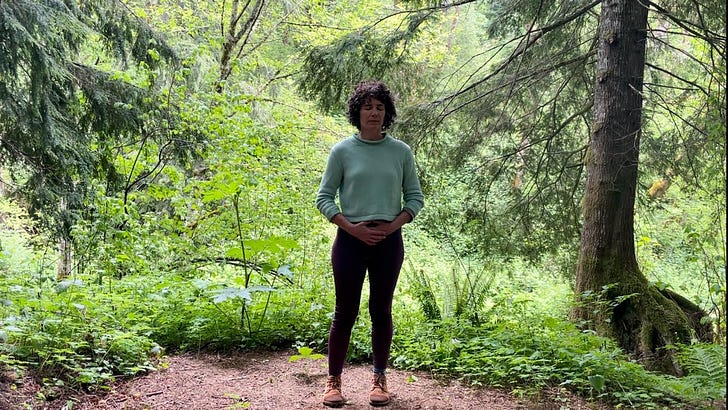quote
“Forgiving is not forgetting; it’s actually remembering--remembering and not using your right to hit back. It’s a second chance for a new beginning. And the remembering part is particularly important. Especially if you don’t want to repeat what happened.” -Desmond Tutu, from The Book of Forgiving.
(if you love these morning revisionings, please share them! you can find the writer on insta at @soffftwriter and on twitter @jananastasias. Feel free to forward this email to friends and share far and wide)
Keep reading with a 7-day free trial
Subscribe to Gathering to keep reading this post and get 7 days of free access to the full post archives.




